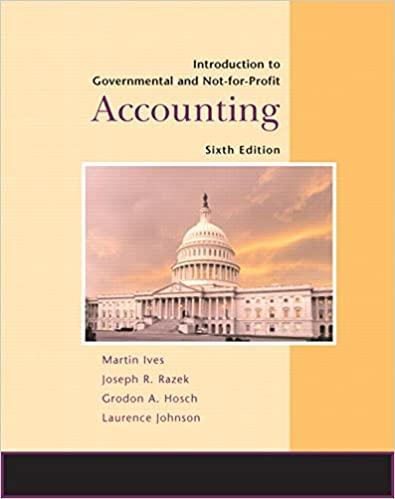Question
Quarter Lawn Mowers Snow Blowers 1 10,000 9,000 2 15,000 7,000 3 16,000 19,000 4 3,000 10,000 Quarter 1 Beginning inventory: Mowers 600 Blowers 400
| Quarter | Lawn Mowers | Snow Blowers |
| 1 | 10,000 | 9,000 |
| 2 | 15,000 | 7,000 |
| 3 | 16,000 | 19,000 |
| 4 | 3,000 | 10,000 |
Quarter 1 Beginning inventory: Mowers 600 Blowers 400
Output and Costs
Regular Time = $5.00 per unit
Overtime = $7.50 per unit
Subcontract = $10.00 per unit
Part Time = $12.00 per unit
Inventory = $1.00 per unit per quarter based on avg. inventory during each quarter
Back orders = $8.00 per unit per period (based on back orders at end of period)
Hiring = $200.00 per employee (Full-Time or Part-Time)
Firing = $500.00 per employee (no cost if Part-Time)
Production Rates:
Regular = 500 units per Full-Time employee per quarter (of either unit)
Overtime = 200 units per Full-Time employee per quarter (of either unit)
Part Time* = 400 units per Part-Time employee per quarter (of either unit)
Initial work force size: 44 Full-Time employee (beginning of Qtr. 1)
Using the Aggregate Planning worksheet
Additional assumptions
1) Part-Time employees may not work overtime.
2) Assume 100% utilization of employees at all times, i.e. all employees on the payroll during a period produce at the rates shown above.
Suppose that on December 21 the long-range weather forecast is released by the weather service and more snow than normal is predicted. As a result, the Marketing Dept. raises their forecast for Quarter I sales of blowers from 9,000 to 11,000 units (the forecasts for the other quarters remain unchanged). You will now have to develop and analyze several alternative plans for next year. Keep in mind that each of these plans must include:
a) Beginning Inv. of 600 mowers and 400 blowers
b) Ending Inventory and backorders for Qtr. IV must be zero c) Each plan must have the same level total output rate each quarter
A. Develop a plan that uses over time by regular, full-time employees to meet the new demand conditions.
B. Plan 2-B will use regular employees (no overtime) plus subcontracting to meet the new demand conditions.
C. Another possibility would be to hire an additional full-time employee on Jan. 2 and employ him/her for the full year.
Step by Step Solution
There are 3 Steps involved in it
Step: 1

Get Instant Access to Expert-Tailored Solutions
See step-by-step solutions with expert insights and AI powered tools for academic success
Step: 2

Step: 3

Ace Your Homework with AI
Get the answers you need in no time with our AI-driven, step-by-step assistance
Get Started


